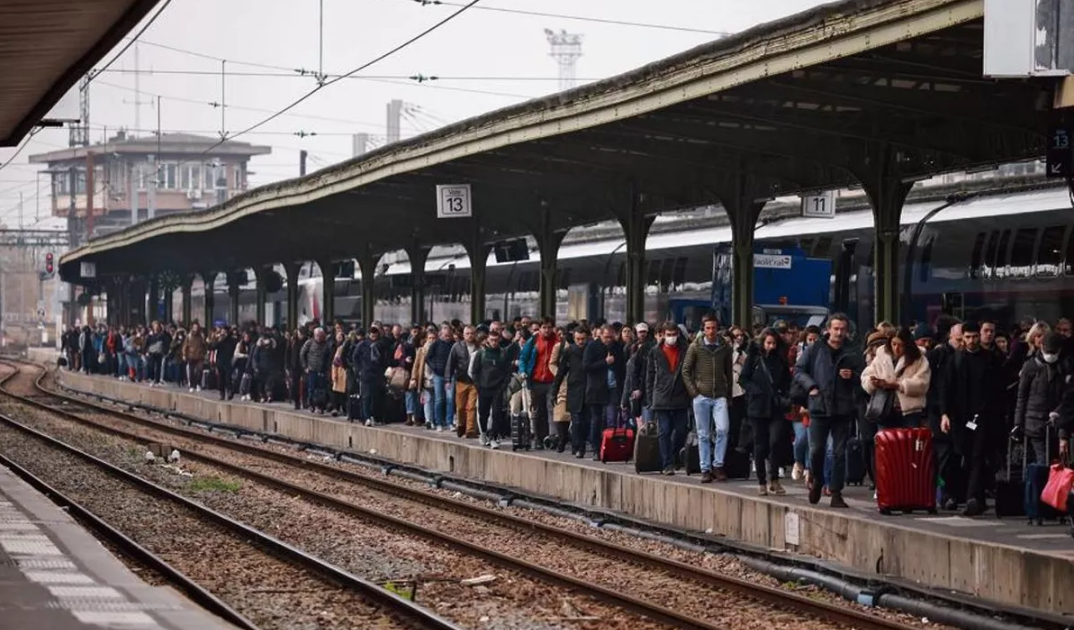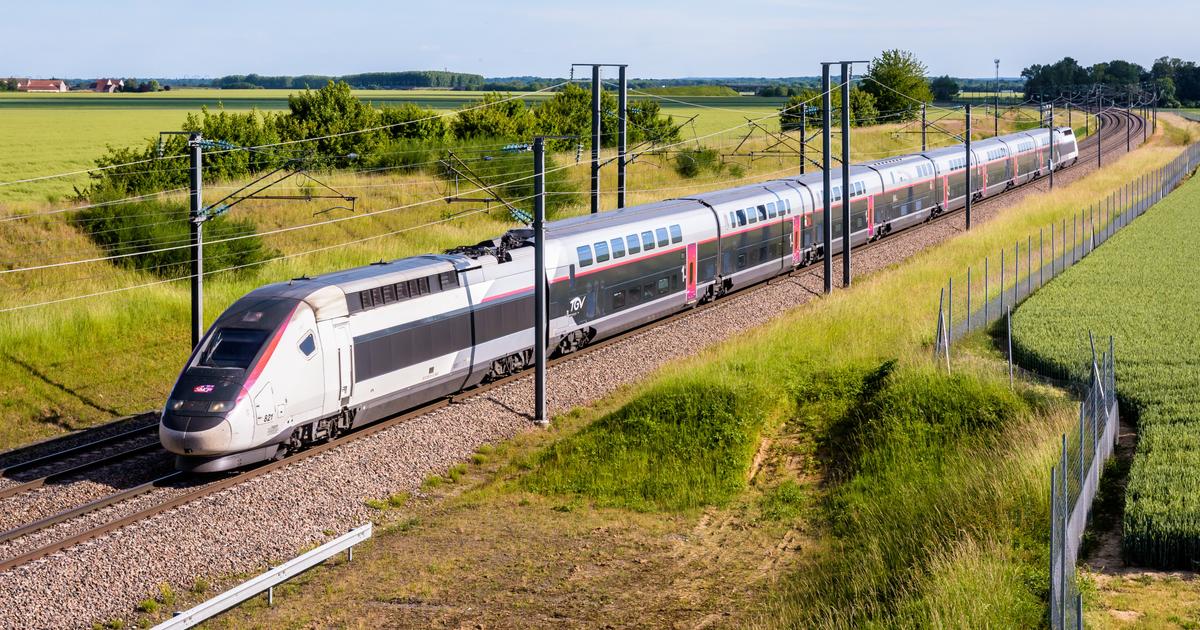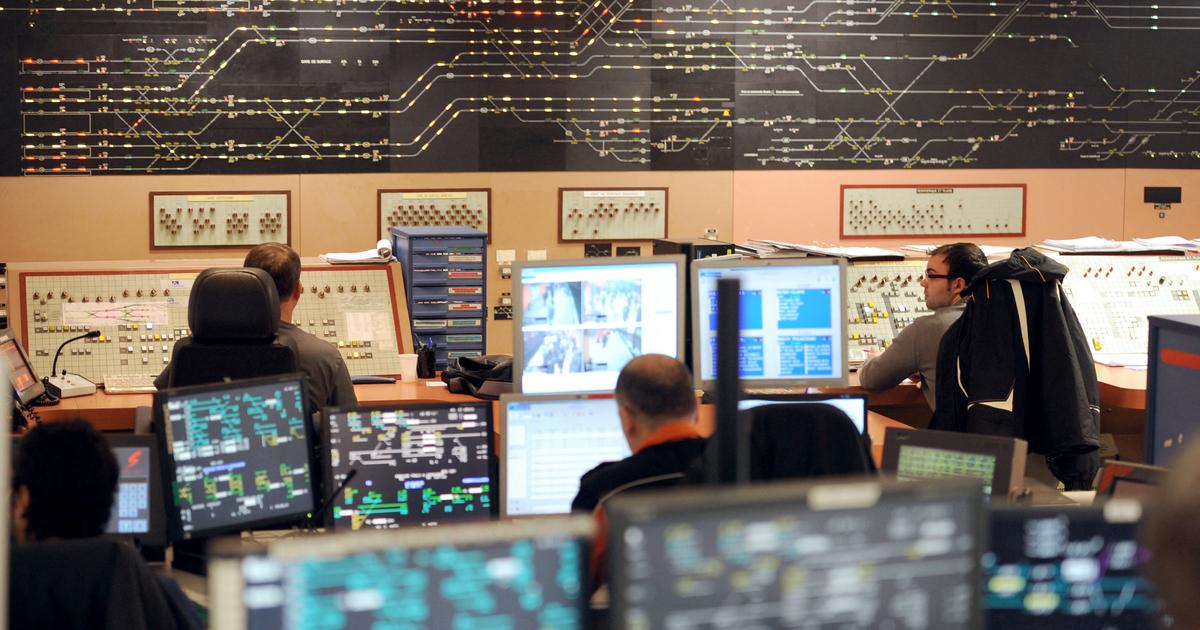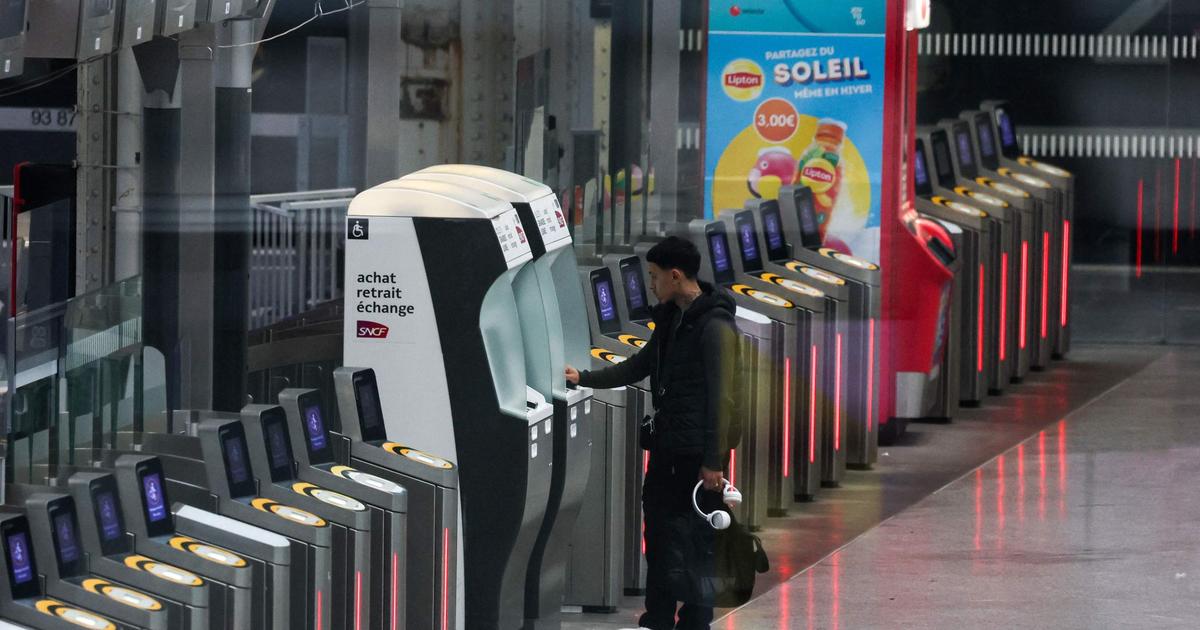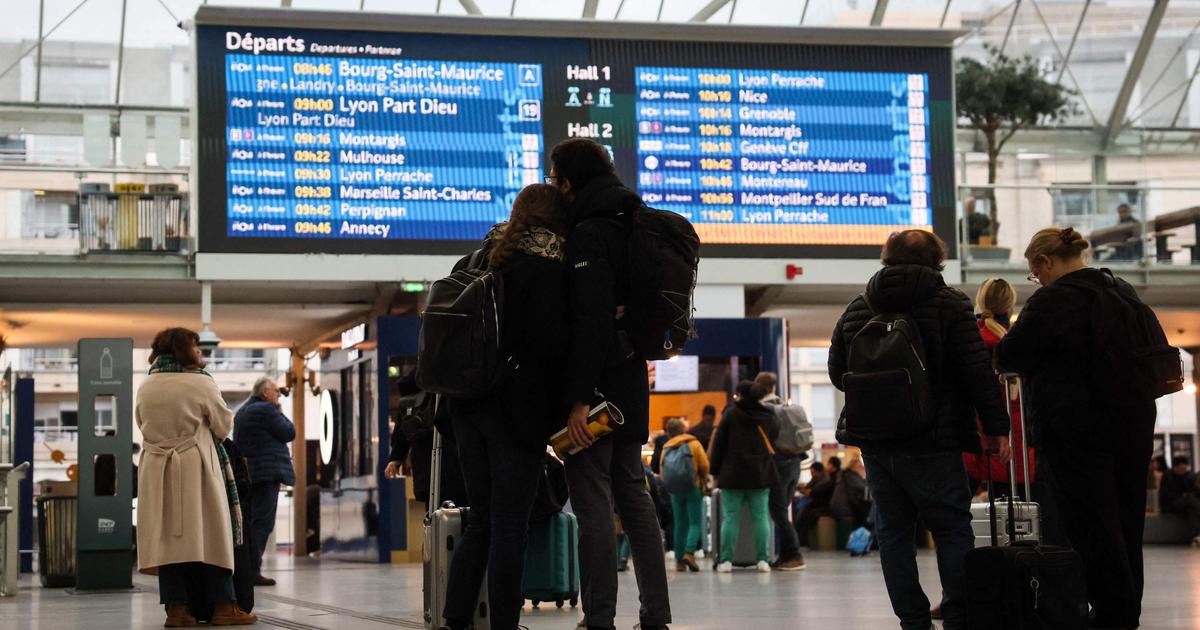A macro-economist by training and a graduate of the Faculty of Economics and Management in Strasbourg, Erwann Tison is the director of studies at the Institut Sapiens think tank. In 2020, he published
A robot in my car: let's not miss the revolution in autonomous transport
at
MA Éditions.
Recently a friend asked me why Christmas TV movies, which occupy a good part of our winter airwaves, were very often produced in the United States and not in France.
The reason is ultimately quite simple.
In the French version, Karen, a young dynamic and urban executive, could not travel to her hometown to fall back under the spell of her childhood sweetheart, for the simple reason that her train would be cancelled.
The story would fall apart.
A situation that many users are about to experience, not spared by the truce of the confectioners, exasperated by the announcements of deletions from their train.
Because mobility is the first of the freedoms, the obstacle is the first means of action of certain trade unionists.
From blockages of oil depots to strikes at the SNCF, passing through the obstruction of roads and air transport, all protest action aims to immobilize as many users as possible.
If the strike is a constitutional right to be protected at all costs, it is clear that its original spirit is misguided.
The law of May 25, 1864 planned to regulate it by
“punishing the attack on the free exercise of industry and work”
.
Its rapporteur Émile Ollivier added
"we were not striking against the nation, but against its boss"
.
However, by depriving hundreds of thousands of people of this important family moment, they move away from this wish and generate significant frustration among users.
This frustration could hopefully cause a huge modernization movement.
Not in the sense understood by some union activists who dream of a big night and hope to establish a little more power over their income and their status;
but a real tool for progress, promoting competition in three essential dimensions: economic, technological and social.
There is no doubt that the current episode will push users to cry out for the arrival of new competitors on the French market.
Tison Erwann
On the economic level, this frustration pushes the actors to spontaneously ask for an opening to increased competition from the SNCF.
The few empirical examples at our disposal show that it works.
The arrival, in December 2021, of the Italian Trenitalia on the Lyon-Paris route allowed, according to a survey carried out by Trainline, to lower prices by 8% on this portion, and by 17% on Paris-Milan journeys. .
All this with a constantly increasing passenger volume, respectively +172% and +291%.
The counterfactual is interesting to observe.
According to the same study, tickets on SNCF lines not subject to competition saw their prices increase at the same time, from 6% for a Paris-Bordeaux to 16% for a Paris-Lille.
Opening up to competition benefits users in two ways:
on the availability of transport and on the rates that apply.
There is no doubt that the current episode will push users to cry out for the arrival of new competitors on the French market.
On the technological level, this obstacle will encourage the cognitive adoption of structural innovations, such as autonomous transport, making it possible to overcome the need for a third party to circulate.
If level five, corresponding to the perfect autonomy of a car, is still quite difficult to imagine on our French roads in the short term, this is not the case of the train, whose linearity of the route is more suited to an automaton. clever.
And that's good, because the SNCF announced this fall excellent preliminary results for its Autonomous Passenger Service Train (TASV) project.
Once the technology is present, all that remains is to convince users to borrow it.
To achieve this, the formula of
"disenchantment with the world",
by Max Weber fits perfectly.
The sociologist had theorized in 1917 that to encourage his compatriots to use the tram network, it was necessary to explain to them the concrete operation, so that it is not associated with magic.
Here the need for understanding in engineering can be coupled with a desire to escape the hassle of lightning strikes.
These strikes could be a major incentive for the French who are among the most reluctant in the world when it comes to autonomous technology.
An Ipsos poll published in 2019 showed that only 24% were in favor, compared to 38% of South Koreans, 46% of Chinese and 48% of Indians.
This winter's strike, by promoting a "disenchantment with the norm" will encourage users to demand the commissioning of non-human drivers.
This society will not be able to survive a large-scale movement ardently calling for economic and technological competition to oppose it, and to make the unions (finally) aware of social competition.
Tison Erwann
On the social level, this blockage of a precious moment for users risks accentuating a little more the latent distrust of unions and intermediary bodies and pushing workers to ask for a change of representation.
The trade union monopoly in the first round of professional elections, favoring the historical centrals and not isolated individuals, could then yield under the pressure of workers aspiring to new forms of representation and action, more concerned with their well-being and more in phase with work developments.
By playing public opinion against their leadership, the (few) trade unionists blocking the trains at Christmas thought they would easily give in to their hierarchy.
Given the movement of frustration and anger born of their action, we are entitled to wonder if it will not be yet another nail in the coffin of the SNCF, which, let us remember, was saved to the tune of 35 billion euros a few months ago, by taxpayers who must finance a special scheme to the tune of 3.3 billion euros each year allowing its agents to retire at the average age of 56.9.
This society will not be able to survive a large-scale movement ardently calling for economic and technological competition to oppose it, and to make the unions (finally) aware of social competition.

